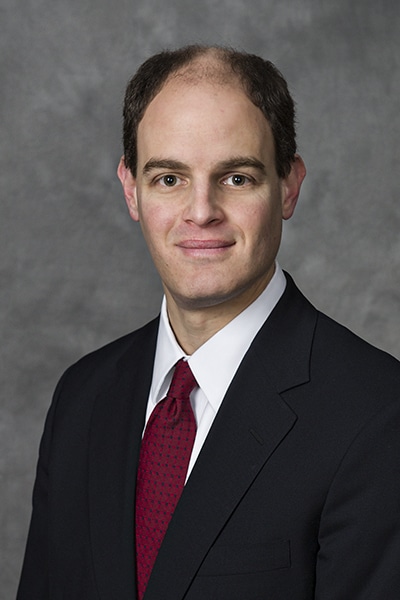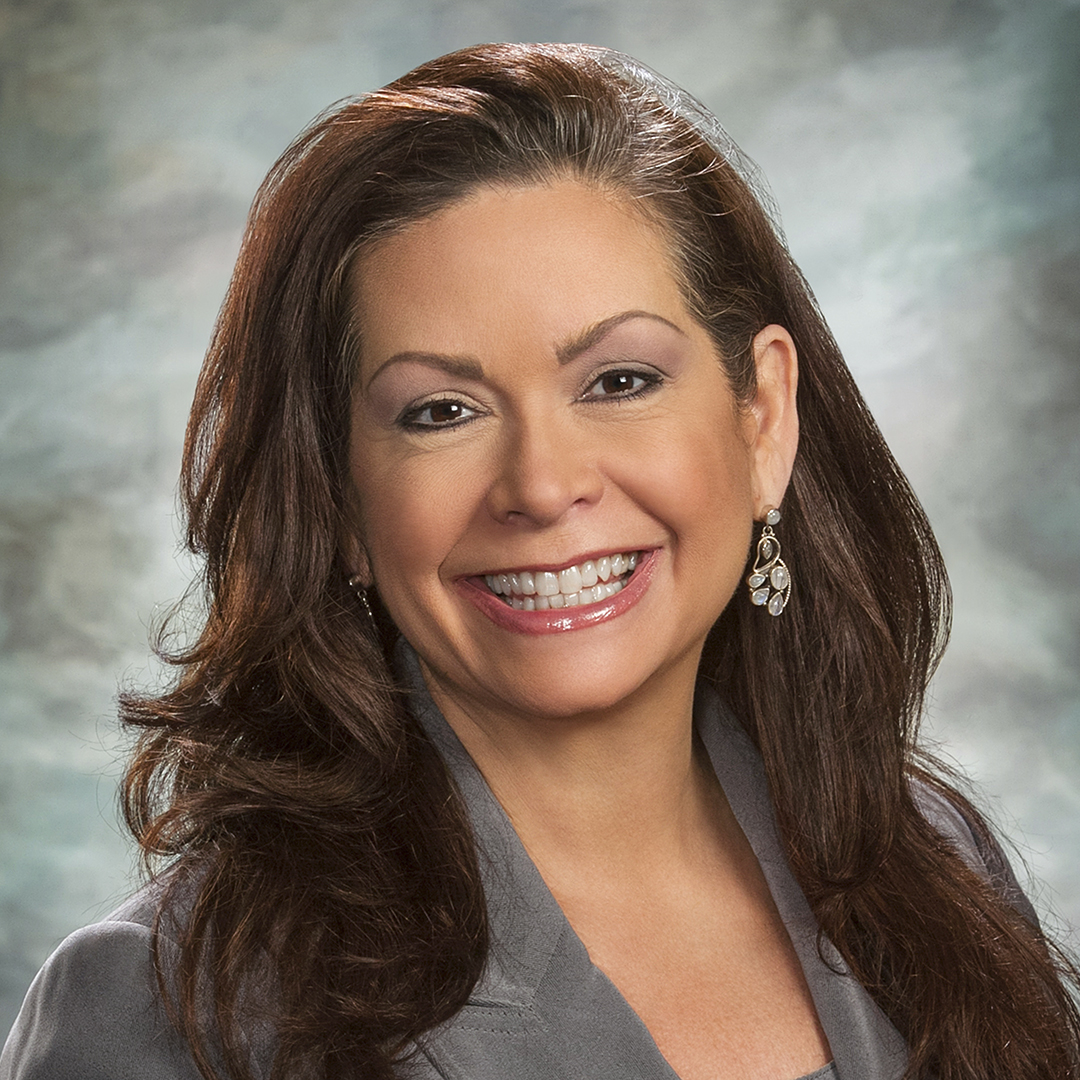To truly transform something, to go against the grain and do something that has never been done before, you have to take risks. And that is exactly what Brian Unell has done: as vice president of revenue cycle transformation and integration at nonprofit healthcare system Piedmont Healthcare, Unell has used bold leadership strategies to transform the organizational culture and drive unparalleled results.

A statistics major at the University of Florida, Unell spent years cultivating an in-depth knowledge of revenue cycle and project management as a consultant at Ernst & Young and later as director of strategic initiatives and patient financial services at Tenet Healthcare. But it was in 2008, when he joined Piedmont as a senior project manager and executive director of project management, that Unell truly realized the potential inherent in his line of work.
“Piedmont had just four hospitals at the time, and they were looking to create a deep bench of talent and strength,” Unell recalls. “I joined a team that was essentially an incubator for ideas, and it was such a unique group of people.
“While there were some really smart people, it was truly a situation where the team was much better than just the sum of the individuals,” Unell continues. “There were a bunch of strong type A personalities but our egos never got in the way. We were all just trying to find the right solutions for the system.”
Through that incubator, Unell led the evaluation, selection, and contracting of clinical and financial solutions to prepare the health system for system standardization by implementing new enterprise resource planning and electronic medical record solutions—Meaningful Use and ICD-10—resulting in “wholesale system changes.”
In a once-in-a-lifetime opportunity, Unell was asked to lead that transformation. “I said that I could handle the revenue cycle side of things but that I would need a number two to help me with the clinical side,” Unell says.
Unell already had a partner in mind, he says, but as soon as he brought him to a planning meeting, everything changed.
“At the start of the meeting, he was quiet as we were all talking about the rollout of our strategy, about the resources and timing and things like that. But as the meeting progressed, he started asking questions that none of us had ever even thought about,” Unell recalls. “It took me over two months to convince him and the organization that he was the right person for the job because I knew that he more qualified and was the one who needed to run the project, not me.”
And according to Unell, it was exactly that kind of awareness—an awareness of others’ talents, an awareness of what makes an effective leader—that later helped him transform both the revenue cycle function and the culture at Piedmont Healthcare.
Of course, Unell’s leadership approach also strengthens Piedmont’s relationships with its partners. “Brian is an innovative leader who understands the ability of technology to transform the revenue cycle,” says David Franklin, SVP of health systems and hospital operations at Waystar. “He is not satisfied with the status quo as he pushes himself and his teams to find new ways to reduce waste and improve performance.”
When Unell became the CFO of special projects in late 2011, he told the organization’s leadership that they needed to make a vital decision: did they want to have a strategic, value-added revenue cycle function or a cost-focused, transactional function?
“If you’ve got good people in the right jobs, make sure they’re not worrying about things that don’t actually matter.”
“At that time, probably 90 to 95 percent of healthcare organizations were transactional revenue cycles,” Unell says. “But I started explaining that in a strategic, value-adding revenue cycle, healthcare organizations are able to generate significantly more revenue as long as they are willing to make key changes and investments.”
Piedmont looked to an outside consulting firm to help them make those changes. Over the course of a year, Unell worked with that firm to create a centralized working environment, consolidate functions, and identify areas where costs could be reduced and revenue enhanced.
Throughout that endeavor, Unell says, he strived to implement everyday leadership strategies that are well known in the broader business world but often underused in revenue cycle management.
“Once you have more people on your team than you can know all of their names, it becomes 100 percent about the culture. From the start, we had 540 people, which means it’s critical to get the culture right from day one. And if you’ve got good people in the right jobs, make sure they’re not worrying about things that don’t actually matter,” Unell advises.
But some of those leadership strategies, Unell acknowledges, were harder to implement than others. “As we were going on this journey, I realized that we had people who were really strong technically, really strong operators, but not necessarily good leaders,” Unell says. “And that was definitely a challenging transformation—it takes a lot to get people to realize that having subject matter expertise is not the same as being able to empower a team.”
Despite such controversy, Unell says, it was his determination to adopt a strategic leadership mind-set that helped him achieve such incredible results.
“By the end, we ended up seeing around a 50 percent reduction in turnover and generating about $30 million in recurring revenue,” Unell says. “So we started to see not only stabilization across the organization but growth as well—we went from five hospitals to six and then eleven.”
But as Unell emphasizes, the ability to successfully integrate these new facilities is due more to the fundamental shift in Piedmont’s culture than to any changes in technical operations.
“We’ve really created a unique environment, even according to other people in the industry—they come visit to learn about what we do,” Unell says. “What we have is by no means perfect—the nature of revenue cycle means that there’s always opportunity. But we have been able to build something special here.”


